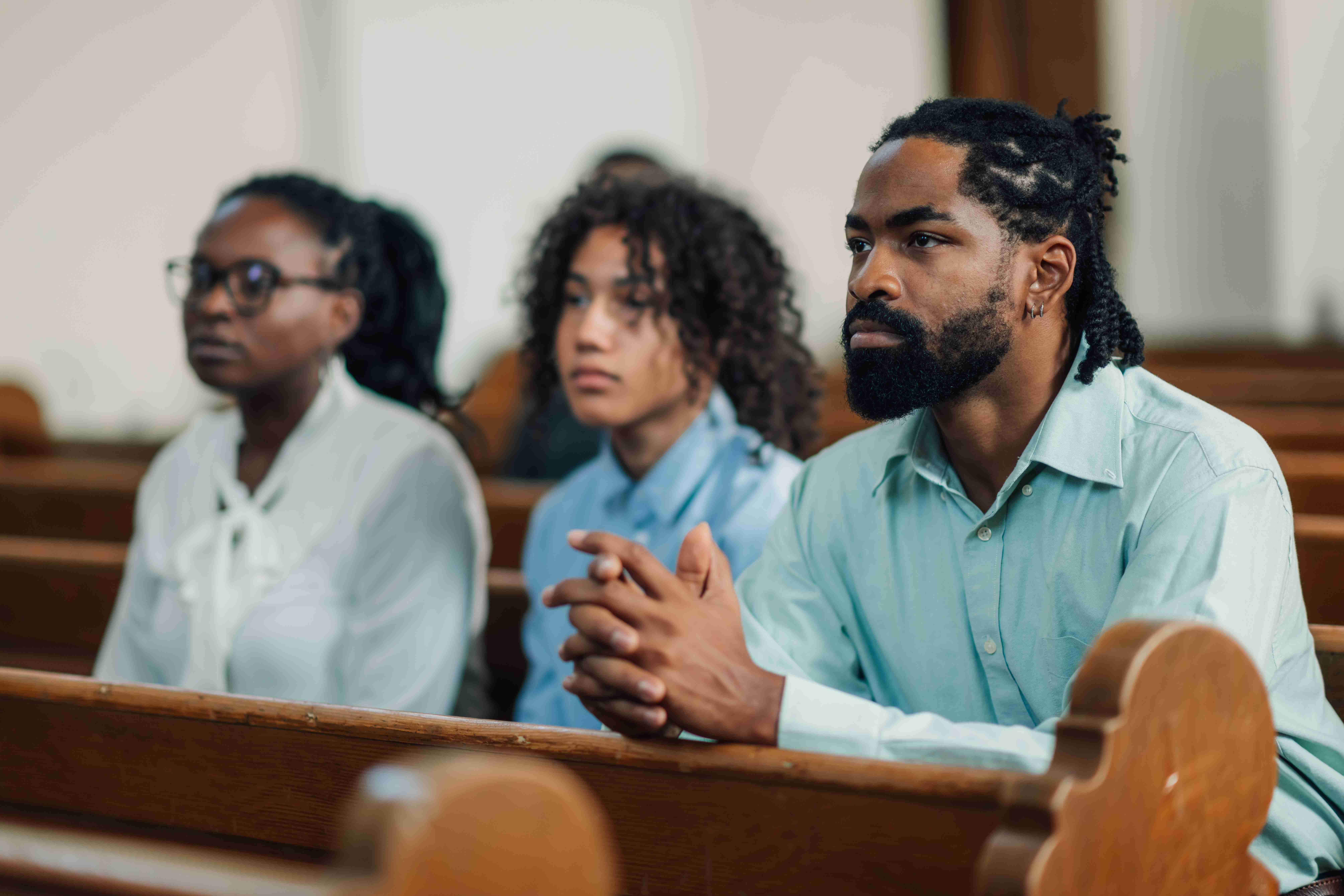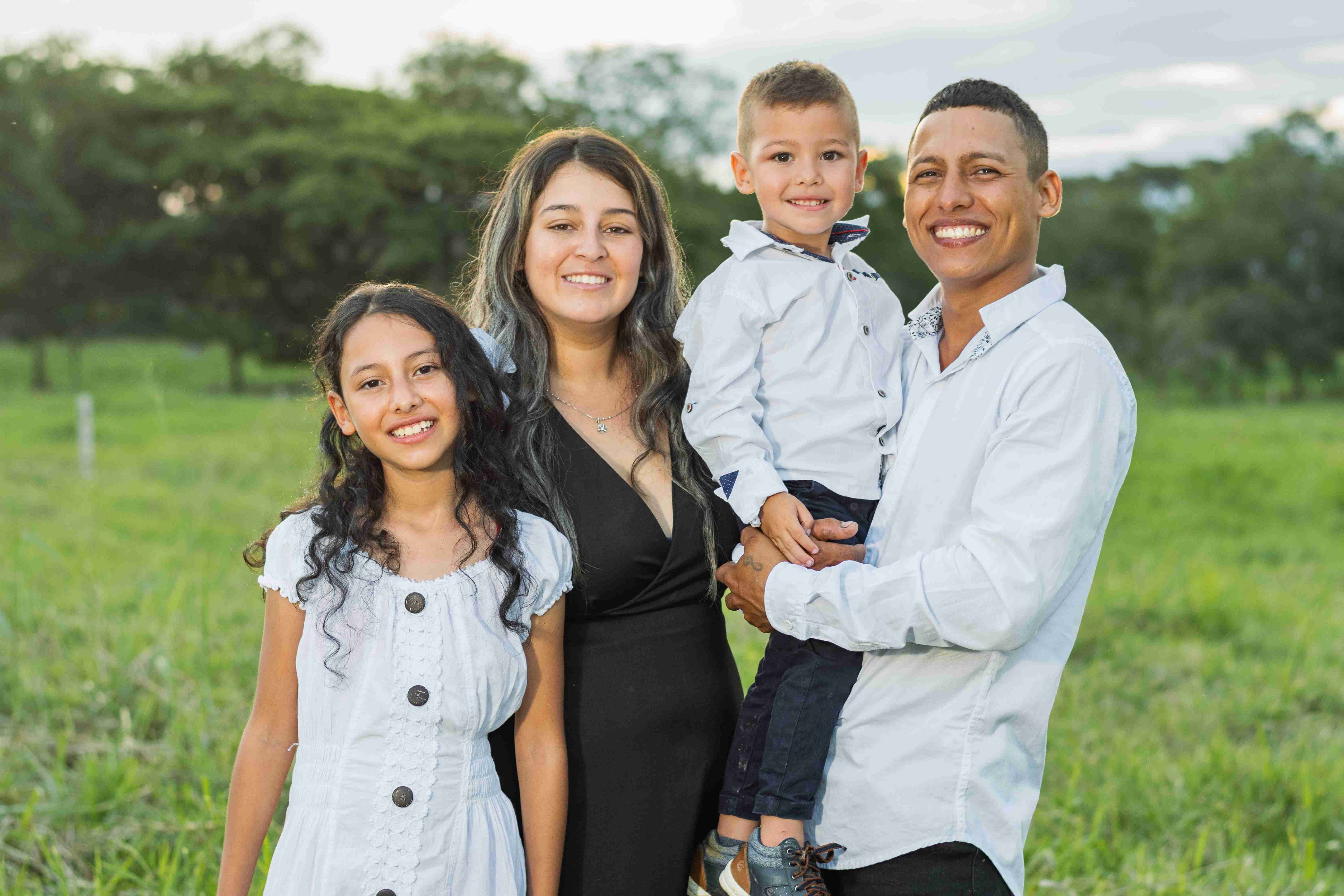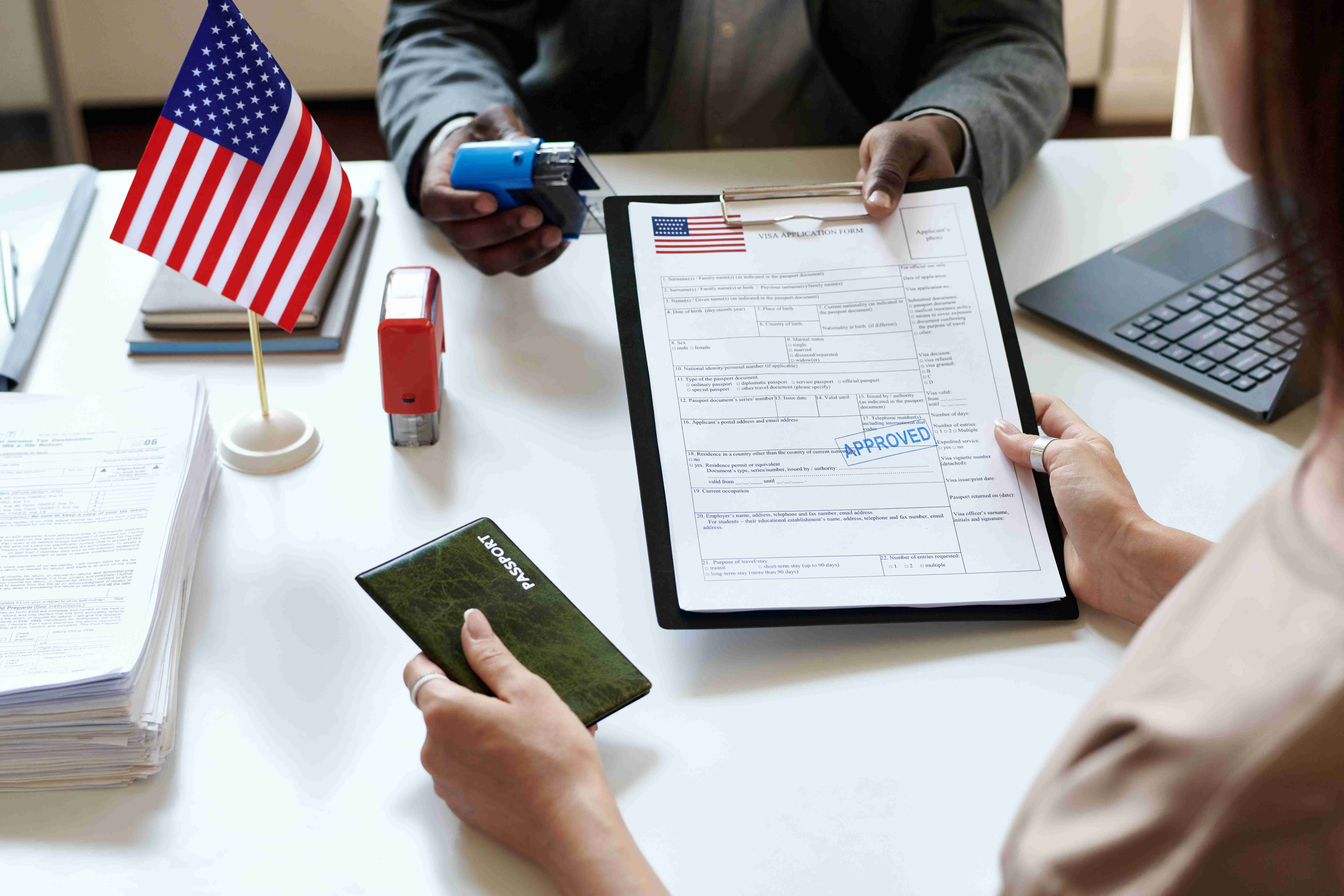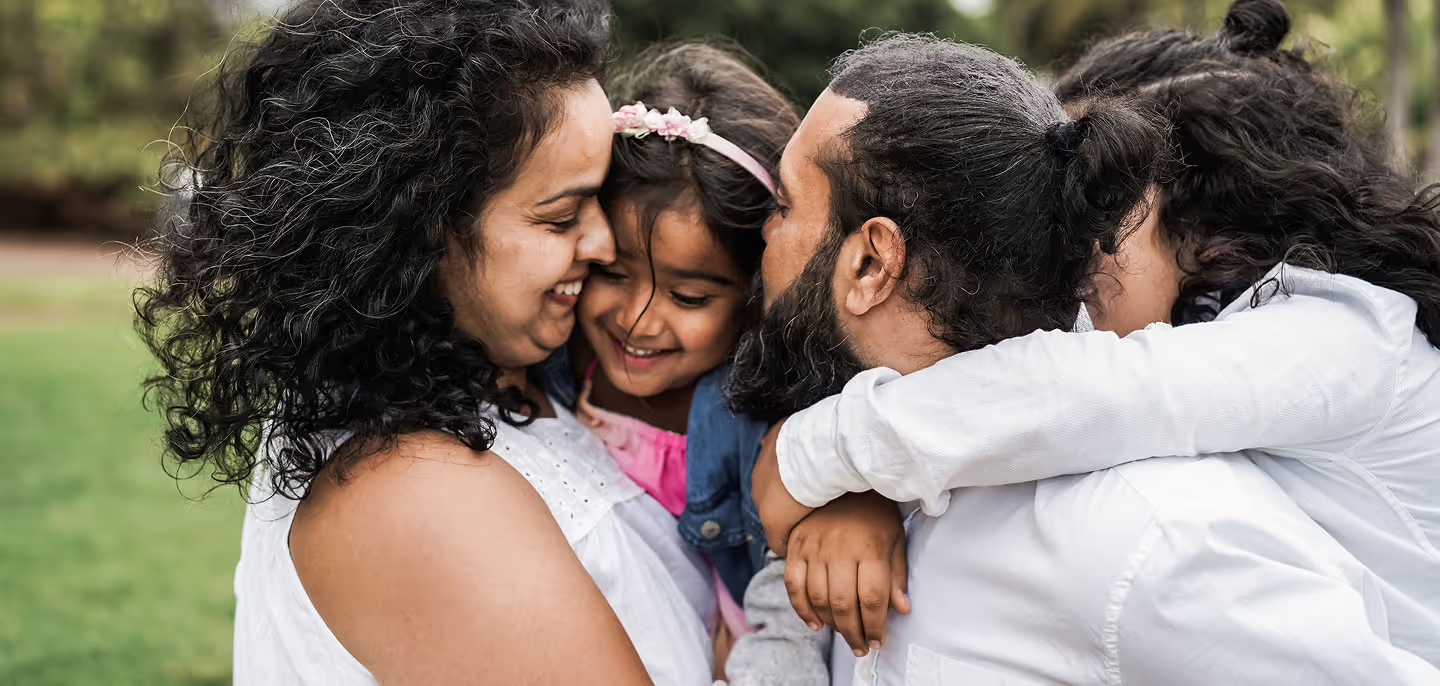
Assisting With Asylum Cases in California
If you are fleeing danger or fear persecution in your home country, asylum in the United States may offer you the protection and stability you need. At The Jurado Firm, we help individuals and families navigate the complex asylum process to seek safety and legal status in the U.S.
What Is Asylum?
Asylum is a form of legal protection granted to individuals who are unable or unwilling to return to their home country due to persecution or a well-founded fear of persecution based on one or more of the following protected grounds:
-Race
-Religion
-Nationality
-Membership in a particular social group
-Political opinion
Who Can Apply for Asylum?
To qualify for asylum in the U.S., you must:
-Be physically present in the United States or seeking entry at a U.S. port of entry
-File your asylum application within one year of your arrival (exceptions may apply in certain circumstances)
How Does the Asylum Process Work?
-Submit Form I-589 to USCIS (Application for Asylum and for Withholding of Removal)
-Send supporting documents that demonstrate your fear of persecution
-Attend an interview with an asylum officer
-Wait for the decision on your application
Benefits of Asylum in the U.S.
If your asylum is approved, you may:
-Remain legally in the United States
-Apply for a work permit (EAD)
-Eventually apply for a green card (after one year)
-Access certain government benefits and assistance programs
If your application is denied, you may be placed in removal proceedings but may have the opportunity to present your case before an immigration judge.




Defensive Asylum
_11zon.jpg)


If you are fleeing danger or fear persecution in your home country, asylum in the United States may offer you the protection and stability you need. At The Jurado Firm, we help individuals and families navigate the complex asylum process to seek safety and legal status in the U.S.
How to Apply?
To apply for defensive asylum, an individual must show that they meet the definition of a refugee as defined by international law. This means demonstrating that they have a well-founded fear of persecution in their home country based on factors such as their race, religion, nationality, political opinion, or membership in a particular social group. The burden of proof lies with the asylum seeker, who must provide evidence to support their claim.
How Does It Differ from Affirmative Asylum?
Defensive asylum is distinct from affirmative asylum, which is the process of seeking asylum before being placed in deportation proceedings. In contrast, defensive asylum is sought after an individual has been placed in deportation proceedings, usually because they entered the country without proper documentation or violated the terms of their visa.
What Happens After a Defensive Asylum Decision: Approval or Denial Outcomes
If an individual's defensive asylum claim is approved, they will be allowed to remain in the country and may eventually be granted permanent residency. However, if their claim is denied, they may be deported back to their home country.
Withholding or Removal
What is Withholding or Removal?
Withholding of removal, on the other hand, is a form of relief that may be granted to individuals who do not qualify for asylum but who can show that they are more likely than not to face persecution or torture if they are returned to their home country. Withholding of removal provides a similar level of protection as asylum, but it does not lead to lawful permanent residence or a path to citizenship.
How to be Eligible for Withholding or Removal Heading
To be eligible for withholding of removal, an individual must show that it is more likely than not that they will be persecuted based on one of the same five grounds as asylum. However, withholding of removal has a higher standard of proof than asylum, as the individual must demonstrate that it is more likely than not that they will face persecution, rather than just having a well-founded fear of persecution.
Important Notes
It's important to note that withholding of removal does not provide as much protection as asylum, and it does not provide the same benefits. For example, individuals granted withholding of removal may be subject to periodic review to determine if the conditions in their home country have changed such that they no longer face a threat of persecution, and they may not be able to travel outside the United States.



Convention Against Torture
(CAT)



What is CAT For an I-589?
The I-589 is a form used by individuals who are seeking asylum or protection in the United States due to persecution or fear of persecution in their home country. One of the grounds for seeking protection is the Convention Against Torture (CAT).The Convention Against Torture is an international human rights treaty adopted by the United Nations General Assembly in 1984. The treaty defines torture as the intentional infliction of severe physical or mental pain or suffering for a specific purpose, such as obtaining information or punishment. Under the CAT, signatory countries are prohibited from subjecting individuals to torture or allowing them to be subjected to torture within their territory or under their control. The treaty also prohibits countries from extraditing individuals to another country where they may be at risk of torture.
How to Qualify and What Evidence You Need?
In the context of the I-589 form, individuals who are seeking protection under the CAT must provide evidence that they have been or are at risk of being tortured in their home country. This evidence can include medical records, witness statements, or other documentation. If an individual is found to meet the requirements for protection under the CAT, they may be granted relief from removal or deportation from the United States.
I-730 Refugee/Asylee Relative Petition
| Reunite with Your Family in the U.S.
If you’ve been granted refugee or asylum status in the United States, the I-730 Refugee/Asylee Relative Petition allows you to reunite with close family members by petitioning for their legal entry into the country. At The Jurado Firm, we’re committed to helping individuals and families navigate this important but complex process with clarity and care.
What Is Form I-730?
Form I-730, officially titled the Refugee/Asylee Relative Petition, is used by refugees and asylees to request immigration benefits for their spouse or unmarried children under the age of 21. This form is filed with U.S. Citizenship and Immigration Services (USCIS) to establish a qualifying family relationship and bring loved ones to safety in the United States
Who Can File an I-730 Petition?
To qualify as a petitioner, you must:
- Have been granted asylum or refugee status within the last 2 years
- Be filing on behalf of your spouse or unmarried child under 21 years old
Important distinctions:
- If you're a refugee, your relative must be outside the United States
- If you're an asylee, your relative may be inside or outside the U.S.
What Does the I-730 Petition Require?
The I-730 petition includes:-Submit Form I-589 to USCIS (Application for Asylum and for Withholding of Removal)
- Personal details of the petitioner and the beneficiary
- Documentation proving your refugee/asylee status
- Proof of family relationship (e.g., marriage certificate, birth certificate)
- Evidence showing the beneficiary qualifies for derivative refugee/asylee status
What Happens After the Petition Is Approved?
If USCIS approves the I-730:
- Your spouse or child is granted asylee or refugee status
- They are allowed to enter and live legally in the United States
- After 1 year, they may apply for lawful permanent residency (green card)
Why You Should Consider Legal Help
The I-730 petition process is highly technical, with strict deadlines and document requirements. Mistakes or missing evidence can delay or even jeopardize family reunification. Working with an experienced immigration attorney ensures your petition is properly filed and supported with the right documentation.
At The Jurado Firm, we guide refugees and asylees through every step of the I-730 process—because your family belongs together.





Asylum EAD – Work Authorization
for Asylum Seekers

_11zon.jpg)

At The Jurado Firm, we help individuals seeking asylum in the United States navigate complex immigration processes—one of the most important being the Asylum Employment Authorization Document (EAD).
What Is an Asylum EAD?
An Asylum EAD is a work permit issued by U.S. Citizenship and Immigration Services (USCIS) to individuals who have filed for asylum and are awaiting a decision on their case. This document allows asylum seekers to legally work in the United States while their asylum application is pending.
Who Qualifies for an Asylum EAD?
Typically, asylum seekers must wait 150 days after filing their asylum application (Form I-589) before they can apply for an EAD. Once the application is pending for 180 days, USCIS may issue the Employment Authorization Document, enabling the applicant to:
- Legally work in the U.S.
- Obtain a Social Security Number
- Gain access to employment opportunities while their case is reviewed
Important: An Asylum EAD Is Not a Green Card
While an Asylum EAD allows you to work legally, it does not grant asylum or lawful permanent residency. It is simply a temporary work permit issued while USCIS or an immigration court reviews your case.
Experience the Difference of Working With An Immigration firm?
Watch this video to learn:

What to expect in your case

How our process works

Common immigration challenges

Steps to achieve legal status
Our Practice Areas
The Jurado Firm proudly serves the Los Angeles area and beyond with expert guidance in a myriad practice areas.
Real Clients, Real Results
See how we've helped individuals, families, and businesses navigate the immigration process with confidence and success.

Love Knows No Borders: A Family Petition Success Story
Jesus
"Working with the Jurado Firm, particularly Whitney Jurado, was an absolute game-changer for us. As an immigration attorney, Whitney exceeded all our expectations, not once, but twice—first, when my partner applied for his residency card after we got married, and again when it came time for renewal. Both experiences were nothing short of phenomenal.
What sets Whitney and Carlos Jurado apart is not just their unparalleled expertise in immigration law, but their genuine empathy and support for their clients. As an LGBT couple, finding professionals who not only understand but also respect and champion your rights can be challenging. Whitney and Carlos are those rare gems who make you feel seen, heard, and valued. Their dedication to fostering better opportunities for people like us in the USA is truly commendable.
In a world where the legal process can often feel daunting and impersonal, Whitney and Carlos Jurado stand out for their compassion, professionalism, and unwavering commitment to their clients' best interests. Anyone looking for immigration attorneys would be hard-pressed to find a team more dedicated, knowledgeable, and supportive than the Jurado Firm. They are, without a doubt, the best immigration attorneys anyone could ever hope to work with."
"Lorem ipsum dolor sit amet, consectetur adipiscing elit. Suspendisse varius enim in eros elementum tristique. Duis cursus, mi quis viverra ornare, eros dolor interdum nulla, ut commodo diam libero vitae erat."





"I extend my deepest gratitude to my attorney Whitney for her excellent legal representation in my asylum case. Their professionalism, experience and dedication were fundamental to obtaining a successful result. Also to my legal assistant Xiomara, I deeply appreciate her excellent work on my case. Her ability to explain every detail of the process to me clearly and concisely was invaluable. And of course, thank you to the entire Jurado Firm team. They were always available to answer my questions and I was kept informed at all times."
Derling





"Hello to all those people who want to begin an immigration process such as an adjustment of status, please allow me to recommend the Jurado Firm. I am in process and I am very happy with your service and assistance at all times. Thanks to the lawyer and his assistant, Miss Stephanie, who is an essential person who has helped us from the beginning and they already gave me my work permit. Thank you very much, Miss Stephanie, and also to the entire team who make it possible to achieve this dream."
Garcia Family





"I was able to get a free consultation with Attorney Carlos at The Jurado Firm and eventually I decided to go with them. My legal assistant was Stephanie at the Bakersfield address and overall my experience was made quick and easy. I started with them in spring of 2023 which were a quiet few months because I had to get all my documents in order but in December 2023. I submitted my documents and after the holidays in February 2024 they submitted my Adjustment of status and I received my green card in just under 45 days in March of 2024."
The Mendoza's
Asylum FAQs
Navigating immigration law can be complex—here are the most common questions we receive to help guide you through the process.
Who qualifies for asylum in the U.S.?
Individuals facing persecution due to race, religion, nationality, political opinion, or social group may qualify.
What is the deadline to apply for asylum?
Generally, asylum seekers must apply within one year of arriving in the U.S.
Can my family members be included in my asylum application?
Yes, spouses and children under 21 can be included in your asylum case.
What happens if my asylum application is denied?
You may be able to appeal, reapply with new evidence, or seek other forms of relief.
Can asylum applicants work in the U.S.?
Yes, after 150 days from filing, you can apply for a work permit if no decision has been made.
Take the First Step Toward Your Future
Your immigration journey starts here—let our dedicated team guide you through every step with expertise, compassion, and unwavering support.

.png)







.avif)
.avif)
.avif)






.png)
.png)


